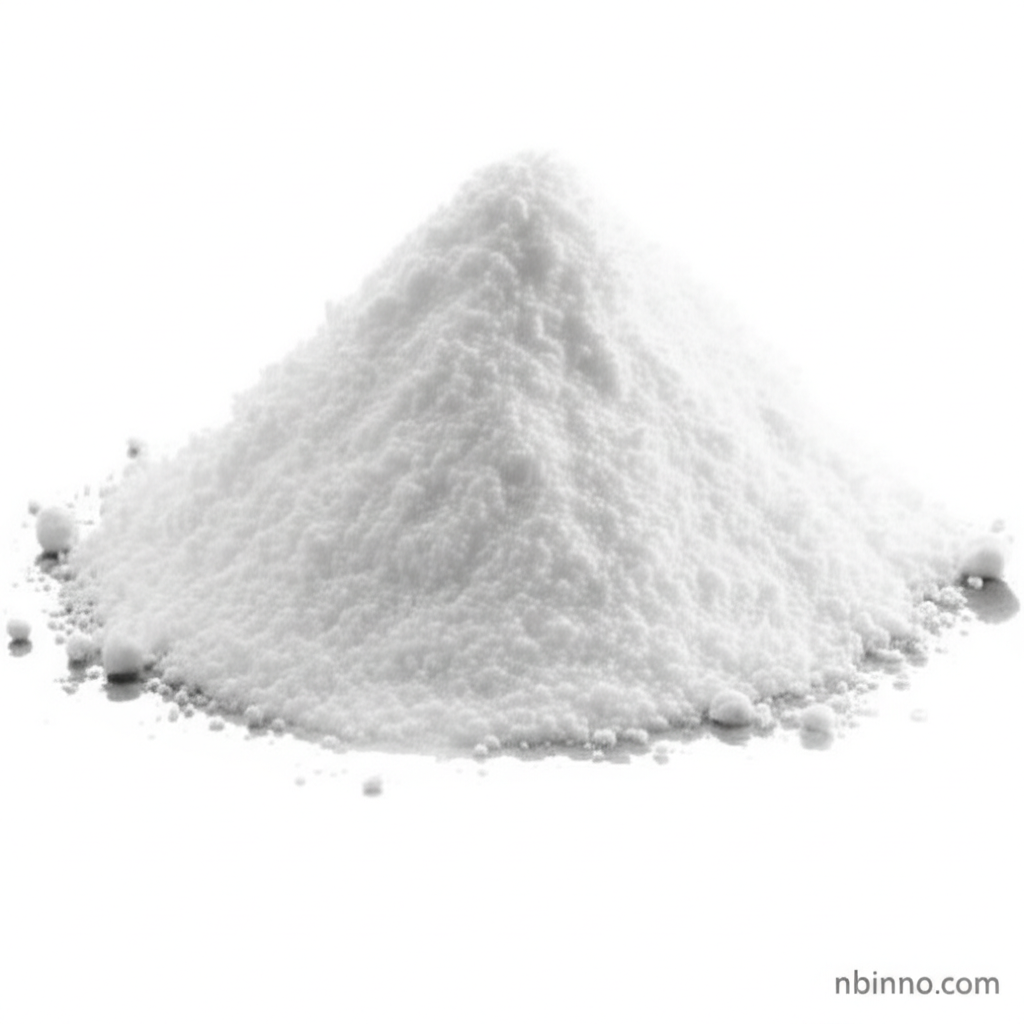The Power of Sodium Carboxymethyl Cellulose in Textile Sizing
Enhance fabric quality and weaving efficiency with our premium sodium carboxymethyl cellulose solutions.
Get a Quote & SampleProduct Core Value

Sodium Carboxymethyl Cellulose
Sodium Carboxymethyl Cellulose (CMC) is a vital textile auxiliary, renowned for its exceptional performance as a warp sizing agent. It creates a smooth, resilient film on warp yarns, significantly improving their strength, flexibility, and abrasion resistance. This enhanced yarn quality directly translates to better weaving efficiency by reducing yarn breakages and minimizing defects, ultimately leading to superior fabric quality and production output.
- Enhance yarn strength and flexibility with Sodium Carboxymethyl Cellulose for improved weaving efficiency.
- Utilize CMC as a textile printing thickener to achieve precise and vibrant prints.
- Benefit from easy water-based desizing, making the post-weaving process more efficient and eco-friendly.
- Improve fabric quality and reduce waste with the reliable performance of Sodium CMC in warp sizing.
Key Advantages
Superior Film Formation
Sodium Carboxymethyl Cellulose forms a uniform, protective coating on yarns, minimizing friction and wear during the weaving process, thus ensuring consistent protection.
Enhanced Weaving Efficiency
By reducing yarn breakage and improving yarn strength, CMC directly contributes to higher weaving speeds and better overall production output.
Eco-Friendly Processing
CMC is biodegradable and easily removable with water, aligning with sustainable textile production trends and reducing the need for harsh chemicals.
Key Applications
Textile Sizing
Sodium Carboxymethyl Cellulose is a primary choice for warp sizing, significantly improving yarn strength and reducing breakage during weaving.
Textile Printing
As a thickener and emulsifier in printing pastes, CMC ensures uniform dye distribution and prevents sedimentation, leading to clearer and more vibrant prints.
Fabric Finishing
CMC contributes to improved fabric texture and handle, enhancing the overall quality and feel of the finished textiles.
Yarn Protection
It provides essential protection to yarns, especially natural fibers like cotton, against the mechanical stresses encountered during the weaving process.
